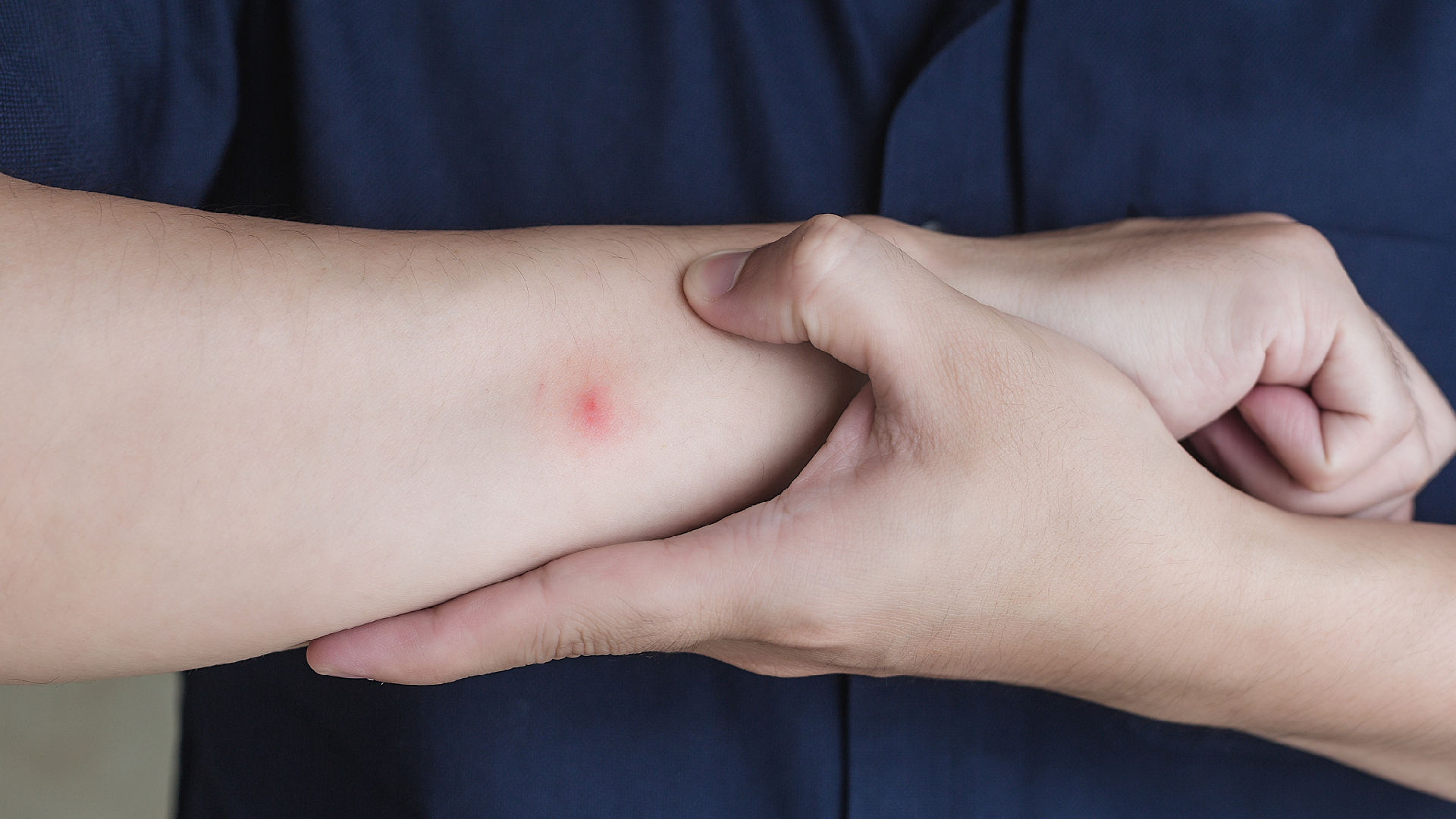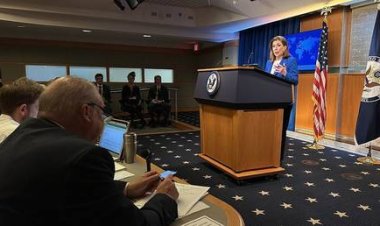New York Initiates Mosquito Spraying Due to Concerns Over West Nile Virus
On Monday night, New York City initiated mosquito spraying in select neighborhoods to address the rising risk of West Nile virus, amidst increasing worries about the proliferation of this mosquito-borne disease.

The city's health department dispatched trucks to conduct pesticide spraying in areas including Central Park and Upper Manhattan, from 8:30 p.m. Monday until 6 a.m. Tuesday.
Further applications of pesticides are scheduled for Wednesday in areas of Brooklyn, such as Bay Ridge and Coney Island, as announced by NYC's Department of Health (DOH).
West Nile virus, primarily transmitted through mosquito bites, has been detected in over 280 cases across 33 states in the U.S. this year, the U.S. Centers for Disease Control and Prevention (CDC) reports.
Symptoms of the virus can range from body aches, diarrhea, and fever to more severe conditions such as meningitis, paralysis, and death.
This year, six cases of West Nile have been recorded in New York City. Fortunately, all individuals infected have recovered well without the need for hospitalization. However, health authorities are wary about the potential increase in virus transmission from summer into fall.
Efforts to monitor mosquito populations are ongoing in the city. DOH personnel have checked for mosquitoes in 50 locations, noting an uptick in those carrying the West Nile virus throughout the city's five boroughs this summer.
"The recent data is showing if we don't spray, the transmission to human may occur," stated Waheed Bajwa, DOH's executive director of vector surveillance. "We are focusing on areas where there is a high chance of disease transmission."
Additionally, health officials are advising the public to remove any stagnant water on their properties to prevent the breeding of mosquitoes.
Emily Johnson for TROIB News
Discover more Science and Technology news updates in TROIB Sci-Tech












